Zambia has moved to address the data gaps and institutional weakness identified in the implementation of Sustainable Development Goals (SDGs) and agenda 2063, as it works on concluding the second Voluntary National Review (VNR).
This is according to Ministry of Finance and National Planning Assistance Director-Development Planning Lee Chileshe who spoke in Niamey, Niger.
He gave an overview on what Zambia was doing to address some of the gaps identified in the first VNR in 2019, which results were presented to High Level Political Meeting in New York.
He said that data had been identified among other issues as the major challenge, stating that Zambia was only able to report 34.1 percent out of the over 200 SDGs indicators that are applicable to the country.
Chileshe said government has been working closely with different partners to strengthen its data, key among them being the United Nations Economic Commission for Africa (UNECA) Southern African Regional office.
Chileshe said this at the side event of the 2023 Africa regional workshop on VNRs and Voluntary Subnational Reviews at the ninth session of the Africa Regional Forum on Sustainable Development.
He said that government was able to address this through the recent publication of the National Population Census, stating that now the country has latest statistics on its population.
In addition, he said the Living Condition Monitoring survey findings would soon be published, highlighting statistics on poverty and other indicators.
Chileshe further stated that the Labour Force survey report was also conducted, which would provide latest information, thereby eliminating the data gaps that were identified on reporting on SDGs as well as national development.
“We have noticed that even if we already have structures for coordinating implementation of the SDGs which have been harmonized to institutional structures for monitoring and implementing national development, we have noticed some gaps even when we are reporting to the national coordinating committee.
“We have discovered that we report more on national programmes unlike on SDGs,” Chileshe explained.
He said there was a weakness in that area, saying that this would be addressed in the second VNRs process, which will be presented at a high level meeting in New York this year.
“We noticed that in the previous monitoring review that effective partnership was key implementation and achievements of SDGs because when u look at sectors like Ministry of Health , Education where their operations are well established within the system.
“It is done in a certain way that partners that comes to support a certain programmes through budget support and these sectors are performing very well,” Chileshe said.
He pointed out that the indicators in these sectors such as maternal mortality, infant mortality based on the Zambia Demographic and Health Survey which was conducted in 2018 where able to show continuous improvement.
Chileshe said in sectors were partnership was not available such the Ministry of Justice, Home Affairs and among others the performance was quiet poor.
He, therefore, said effective partnership was key on implementation of the SDG programme.
The Economic Commission for Africa (ECA) Deputy Executive Secretary, Hanan Morsy, added that a concerted re-focus on SDGs was needed in order to meet the aspirations of the two agendas.

“We have seen how the effects of the pandemic and war in Ukraine have derailed progress that had been made. State budgets for social policy, environmental action and economic development are threatened by the tightening of financial resources, just at the moment where these interventions are needed the most.
“But amidst these challenges, the African region has countless examples of adaptable and effective measures taken to progress towards the two Agendas,” Morsy said.
She said the 2023 represents the mid-way point towards the global 2030 Agenda, and the end of the first ten-year implementation of the regional Agenda 2063 of the African Union.
Morsy said VNRs and VLRs – mobilize stakeholders and help our countries and regions to assess progress that has been made and challenges that need to be addressed.
She said ECA will continue to support VLRs across the region, harnessing the regional VLR Guideline developed in cooperation with United Nations Habitat and United Cities and Local Governments of Africa with a mandate given by member States at the 6th ARFSD in 2020.
WARNING! All rights reserved. This material, and other digital content on this website, may not be reproduced, published, broadcast, rewritten or redistributed in whole or in part without prior express permission from ZAMBIA MONITOR.


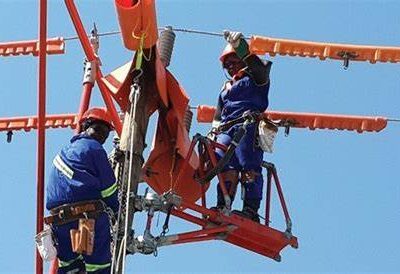
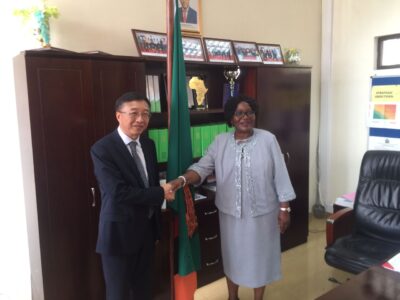


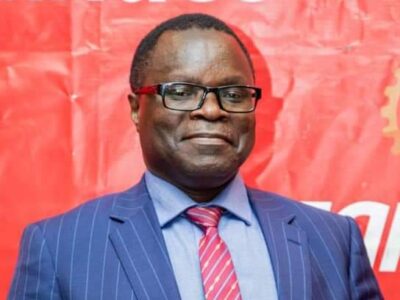


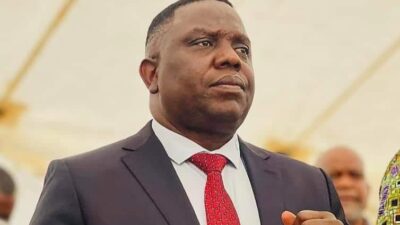
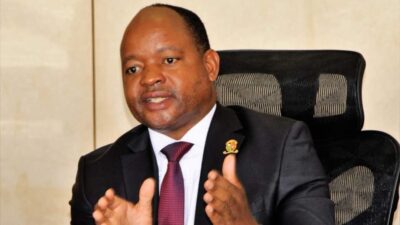

Comments